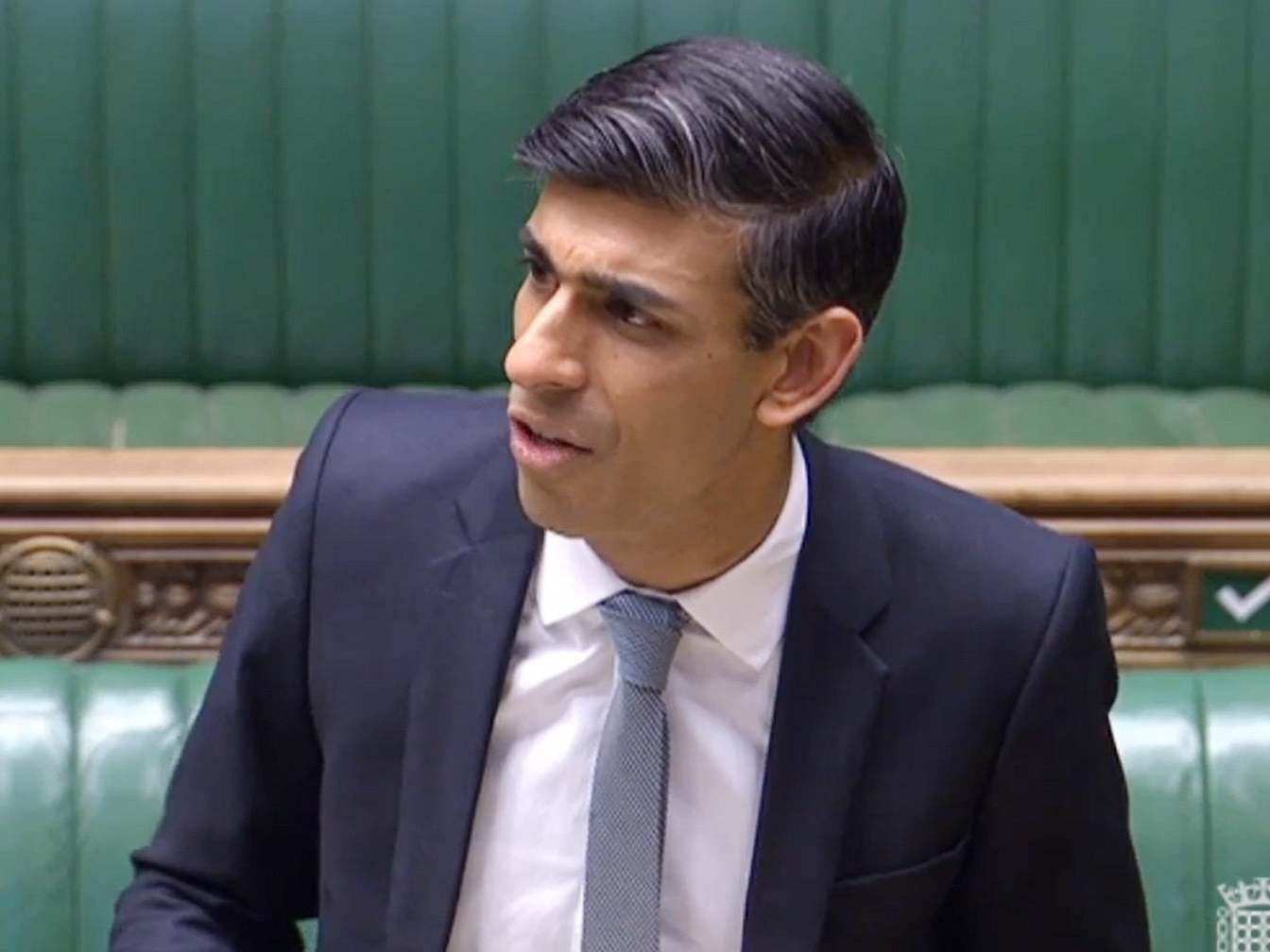With the cut to foreign aid, Britain has taken a decisive step back from a global leadership role
Twenty-five Conservative MPs rebelled over the cut to foreign aid – it wasn’t enough, writes John Rentoul


Cutting foreign aid “was Rishi’s idea”, I have been told by someone who portrays the prime minister as his chancellor’s reluctant partner. I don’t know whether it would reflect better on Boris Johnson if he was genuinely committed to the target of spending 0.7 per cent of our national income on foreign aid, and was overruled by Rishi Sunak, or if he was only pretending to agree with Theresa May, Andrew Mitchell, David Davis and the others while cynically ditching a promise that he knows is unpopular with the voters.
I suspect this may be one of those cases that Dominic Cummings, Johnson’s former chief adviser, warned us about: “Behind each mask lies another mask … while calculations remain largely hidden (including from parts of his own mind).”
In the end, though, the vote on the foreign aid cut looked like the sort of operation that was run by a government that knows what it is doing, in sharp contrast to the picture of chaos and confusion painted by Cummings.
Everything about it looked like a well planned and well executed manoeuvre to get round an awkward manifesto promise. Of course, that promise included a get-out clause – although that clause was in the small print of the legislation rather than the manifesto itself. The legislation allowed for the target to be missed in times of economic crisis, although it did require parliament to be consulted. The manifesto, on the other hand, added the hostage to fortune of the word “proudly”, declaring: “We will proudly maintain our commitment to spend 0.7 per cent of GNI on development.”
When the coronavirus crisis hit, the aid budget was vulnerable, but the chancellor – if indeed it was he – went about it carefully. First, the Department for International Development was re-absorbed into the Foreign Office, so that there wouldn’t be a cabinet minister dedicated to defending its budget. Aid agencies warned that cutting the budget was the real aim, while the prime minister protested that nothing could be further from his thoughts.
Six months later, the chancellor announced the cut. There was no vote in parliament, on the Wilsonian principle that it is easier to win a vote for something after it has happened. (Just as Harold Wilson won the referendum in 1975 to stay in the Common Market, rather than Ted Heath holding a referendum to join in the first place two years earlier.)
Even so, it looked as if it would be a tough vote to win, and I thought that Sunak’s calculation might be to put off the vote for as long as possible and hope to gain at least one year’s saving. Andrew Mitchell, the former international development secretary who led the Conservative rebellion, claimed to have 50 supporters, which would indeed have been enough to wipe out the government’s working majority of 87.
But it turned out that Sunak and Mark Spencer, the government chief whip, know how to count. Last night 14 of Mitchell’s putative flock of rebels put their names to a letter saying that they were satisfied by the assurances the chancellor had given them about returning to 0.7 per cent as soon as the public finances were in a fit state. They must know that this means the Twelfth of Never, but the Sunak machine was obviously persuasive.
The only part that was visible in the debate in the Commons was revealed by Theresa May, who thanked the chancellor for having phoned her the night before. Despite such high-powered canvassing, however, she was going to vote against the government, she said. Once again she showed what an effective backbench speaker she has become, mocking Sunak for claiming that it would be disastrous to spend £4bn more on aid next year: “It seems that £4bn is really bad news; £400bn, who cares?”
Keir Starmer’s speech in response to the prime minister was a good one, made from the uncomfortable position of being on the wrong side of public opinion. That meant using some rather unconvincing arguments, such as implying that it would actually cost the country more in the long run – in dealing with conflict and refugees – to cut the aid budget now.
There were good speeches made on both sides of the argument, although personally I thought those in favour of honouring the manifesto promise tended to have the advantage. But they were up against an organisation that had done its homework. Those 14 defectors from the rebel alliance were only the visible part of the operation. Even if they had all voted with the opposition, the government would still have won by seven votes.
As it was, only 25 Tory MPs rebelled: one (Anthony Mangnall) acted as a teller for the rebellion, counting the votes; 24 voted against the government.
When a prime minister, a chancellor and a chief whip work together, an 80-plus majority, backed by public opinion, is hard to overcome. Britain’s aid budget will still be one of the most generous in the world, but the nation has taken a decisive step back from a global leadership role – without any real prospect of regaining it.
Join our commenting forum
Join thought-provoking conversations, follow other Independent readers and see their replies
Comments